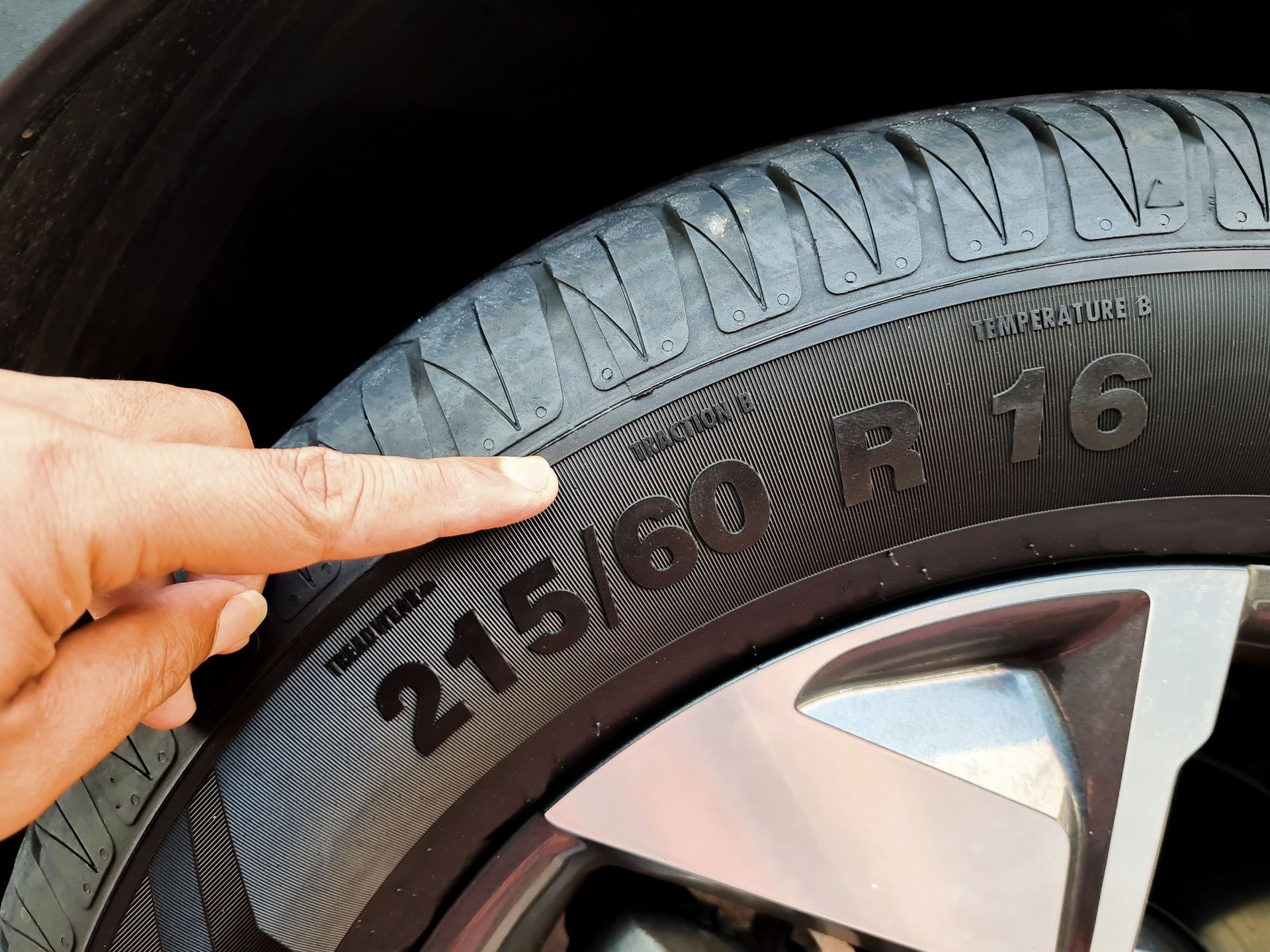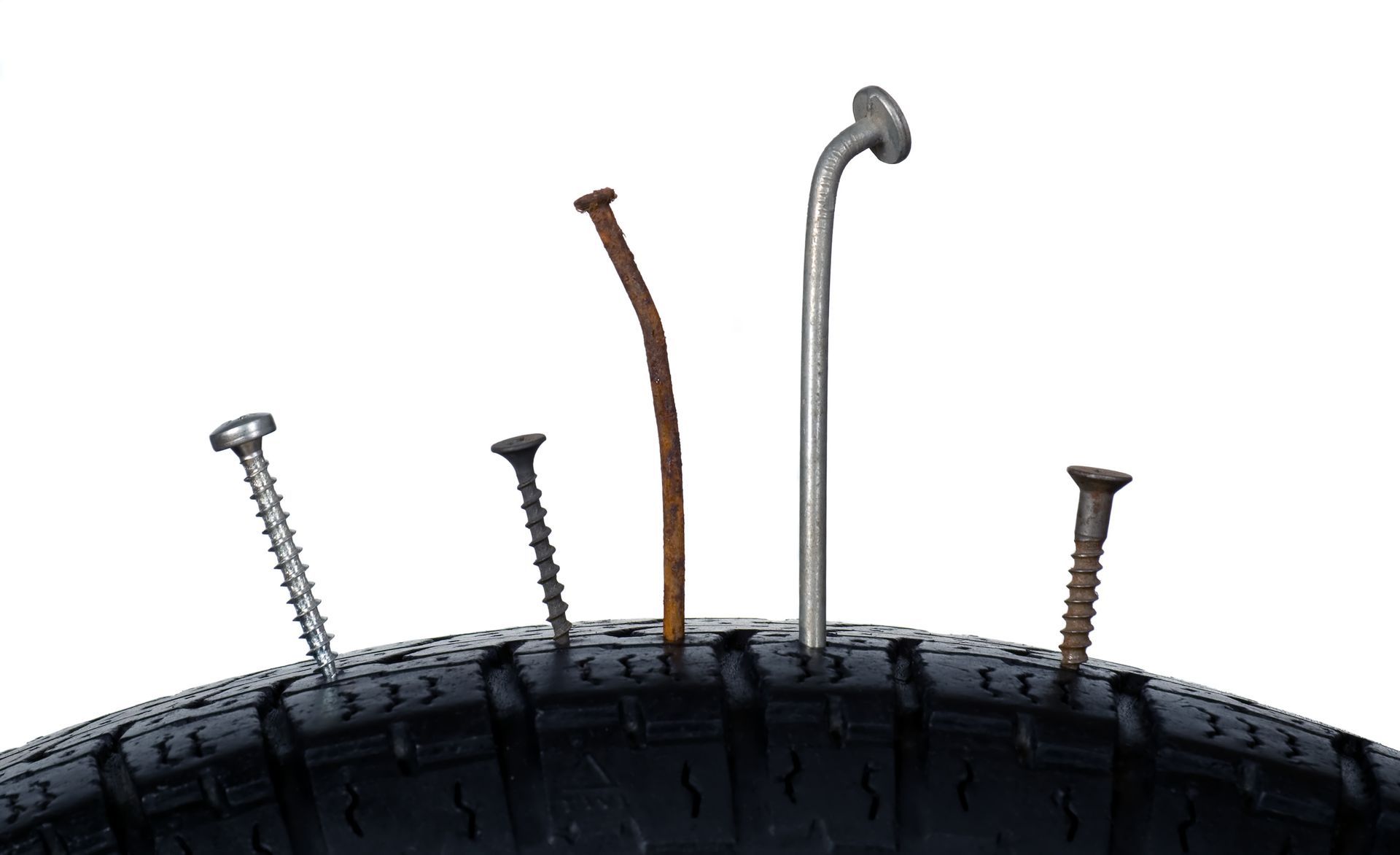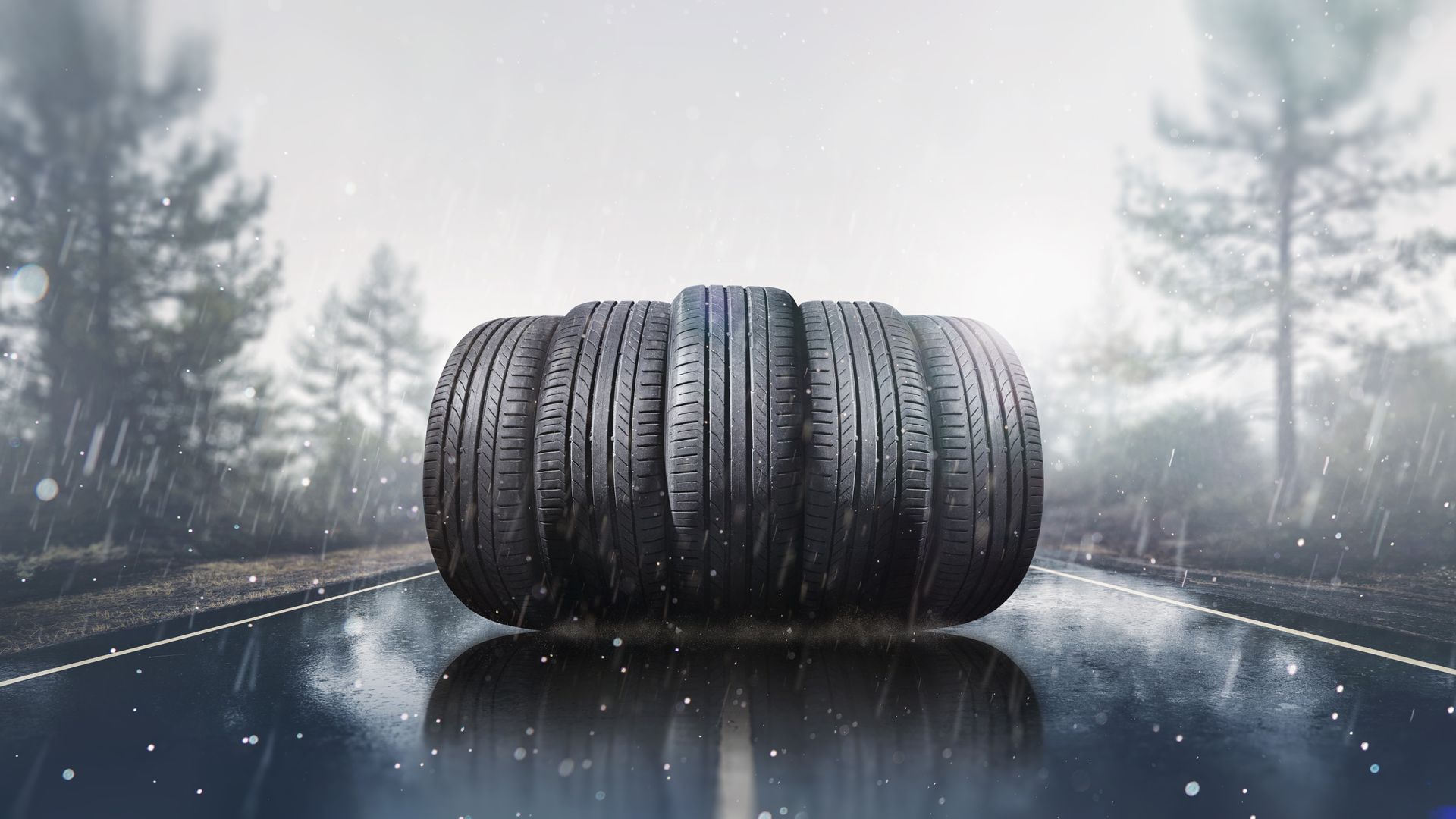As winter commences, it’s important to ensure that your vehicle is prepared to handle the cold, icy, and often unpredictable weather conditions. Winter can bring a variety of challenges for your car, from frozen engines to poor traction on icy roads. While some winter car problems are unavoidable, many can be prevented with the right preparation and maintenance.
Car Problem 1: Dead or Weak Battery
Cold temperatures put extra strain on your car’s battery, as the chemical reaction inside the battery slows down in the cold. This can lead to a weak or dead battery, making it harder to start your car, especially on those frigid mornings.
How to avoid it:
- Check battery health: Have your battery tested before winter. Many auto shops offer a free battery check to ensure it’s holding a charge properly.
- Clean battery terminals: Corrosion on battery terminals can also prevent your car from starting. Cleaning the terminals regularly will help maintain a strong connection.
- Replace old batteries: If your battery is more than three years old, consider replacing it before winter. An old, worn-out battery is more likely to fail when temperatures drop.
Car Problem 2: Frozen Fuel Line
Water can accumulate in your fuel tank and, when temperatures drop, freeze in the fuel lines. This can prevent your car from starting or cause it to stall while driving.
How to avoid it:
- Use fuel line antifreeze: A common solution is to add fuel line antifreeze to your gas tank. This helps to prevent water accumulation and keeps the fuel lines clear.
- Fill up your tank regularly: Keeping your tank more than half full can help prevent moisture buildup in the first place.
- Drive regularly: Regularly driving your car helps keep the fuel circulating and reduces the chance of moisture forming in the fuel lines.
Car Problem 3: Thickened or Low Oil
Motor oil can thicken in cold weather, making it more difficult for the engine to turn over and function properly. Additionally, if your oil level is too low, it can lead to engine damage.
How to avoid it:
- Use the right oil: Make sure to use oil that is suitable for winter conditions. Many manufacturers recommend switching to a thinner, synthetic oil in colder months for better engine performance.
- Check oil levels: Regularly check your oil levels and top them off if necessary. If you haven’t changed your oil in a while, it’s a good idea to do so before the winter season starts.
Car Problem 4: Worn-Out Wipers and Low Washer Fluid
Winter weather in Florida brings a lot of rain, making visibility a critical safety concern. Worn-out wipers or low windshield washer fluid can make it much harder to see while driving, especially during storms or after driving through slush.
How to avoid it:
- Replace wiper blades: Inspect your wiper blades for any signs of wear, such as cracks, streaking, or chattering. Replace them before winter for better visibility.
- Fill up windshield washer fluid: Use a winter-grade windshield washer fluid that won’t freeze in cold temperatures. Make sure your reservoir is full before the winter season begins.
- Check for proper wiper function: Test your wipers and ensure they work properly, cleaning the windshield in a single, smooth motion. If they don’t, it may be time to replace the wipers or wiper motor.
Car Problem 5: Low Tire Pressure and Poor Traction
Cold weather causes tire pressure to drop, which can lead to reduced traction, especially on icy or snowy roads. Low tire pressure also leads to increased tire wear and can cause premature tire failure.
How to avoid it:
- Check tire pressure regularly: Make it a habit to check your tire pressure at least once a month during the winter months. Most vehicles have a recommended pressure listed on a sticker inside the driver’s door frame.
- Inflate tires properly: If you notice that your tire pressure is low, fill them up to the manufacturer’s recommended PSI. Keep in mind that tire pressure tends to decrease by 1-2 PSI for every 10°F drop in temperature.
- Invest in winter tires: If you live in an area prone to snow and ice, winter tires are a worthwhile investment. They provide better traction in cold conditions compared to all-season tires.
Winter weather can present many challenges for your car, but with the right preparation and regular maintenance, you can avoid the common issues that arise during the cold months. By taking the time to inspect and service your vehicle before winter hits, you can ensure that your car remains ready for the season’s driving conditions.
If you need help preparing your car for winter, don’t hesitate to contact us at Bargain Tires in
Jacksonville, FL. Call us today to schedule an appointment in one of our two locations! Stay safe on the roads this winter!






